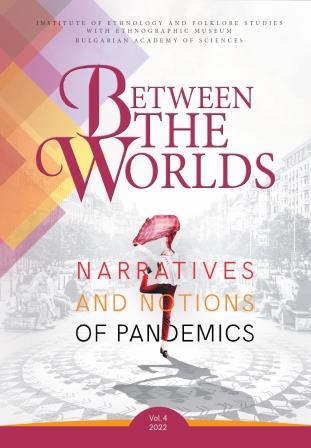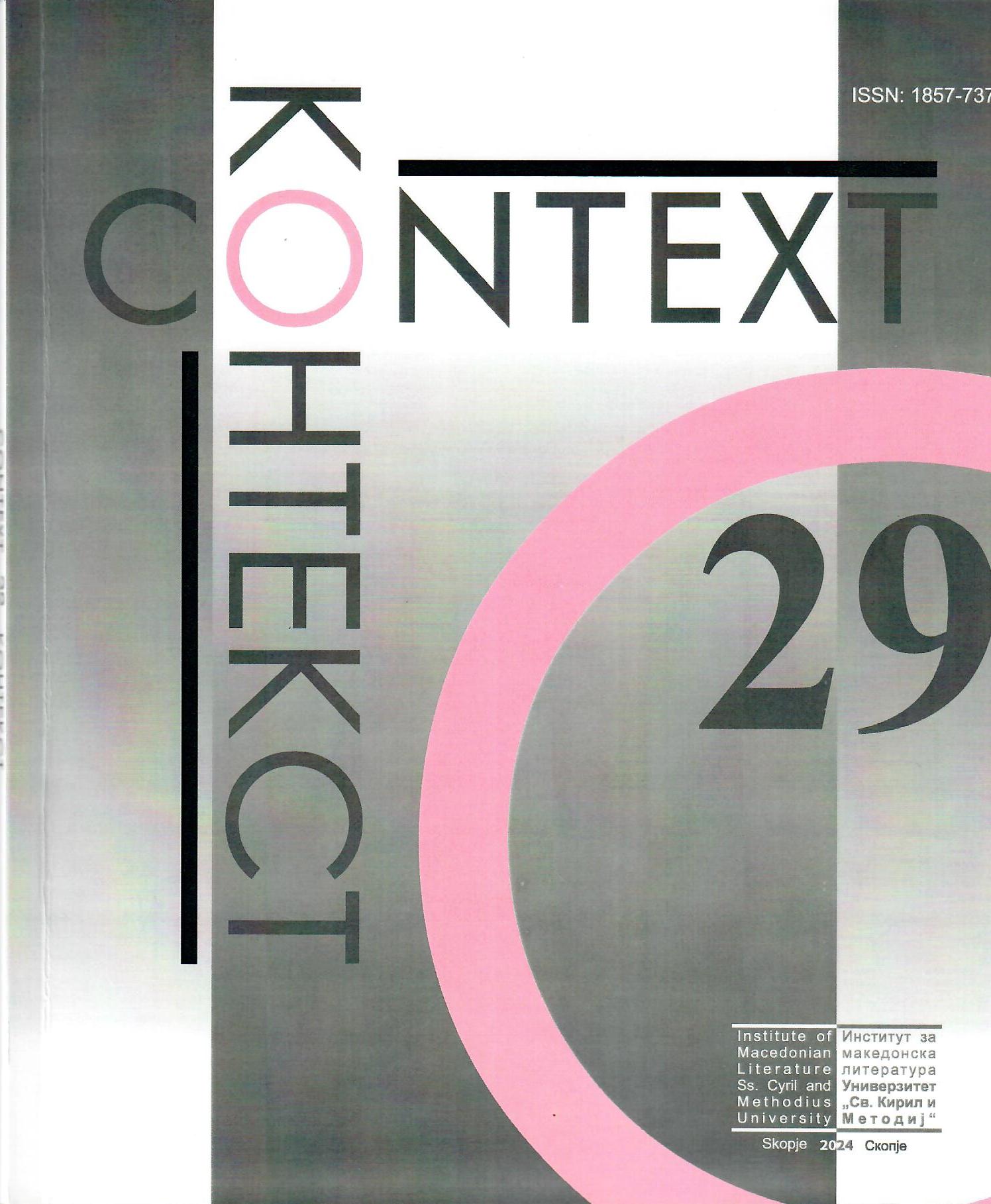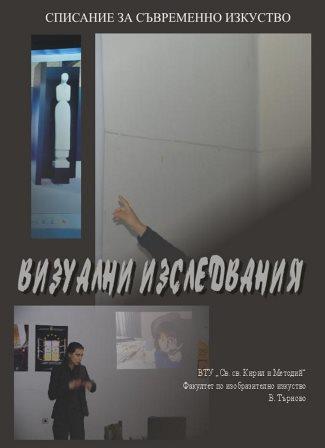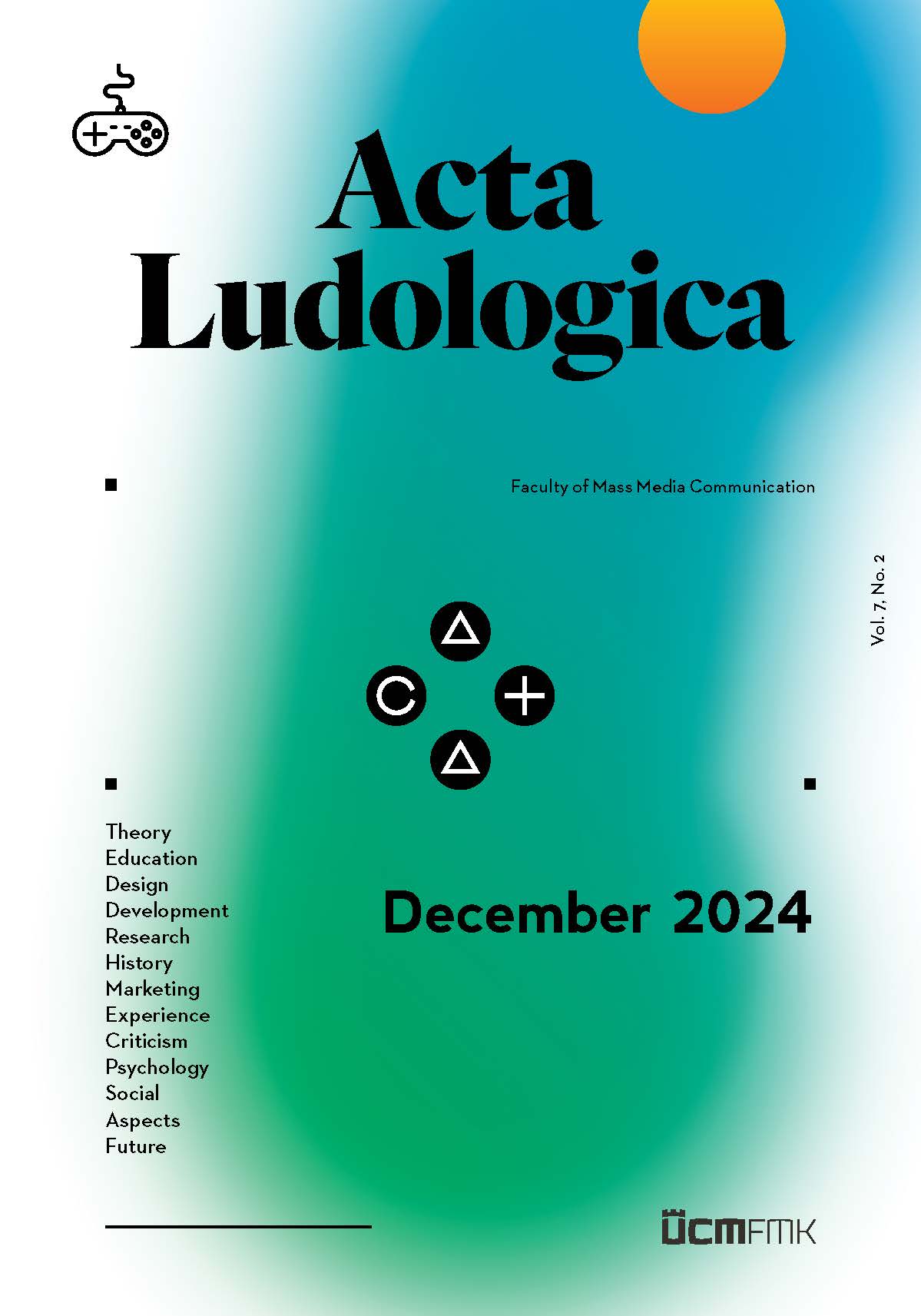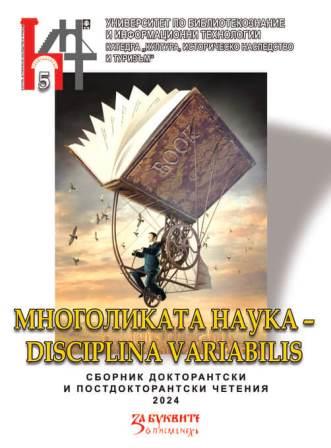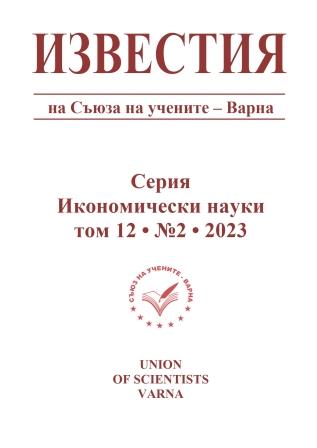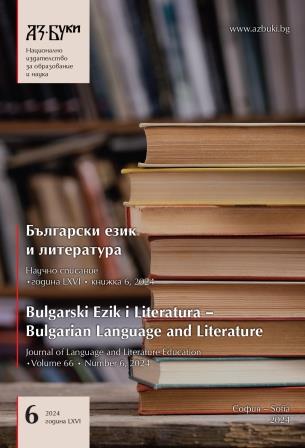
Грамотността – интердисциплинарно понятие (Върху примера на обучението по български език и музика в начален образователен етап)
The publication focuses on some interdisciplinary aspects of the concept of literacy. In scientific aspect definitions of literacy, musical language as a system of functioning of musical literacy are presented. A distinction is made between musical literacy and musical notation literacy. The normative aspects of literacy in teaching Bulgarian language and music in primary school are presented. In practical application, the integration that can be observed at primary school age, when pupils are introduced to letter writing (Grade 1) and musical notation (Grade 3), is traced. The possible connections, the general algorithm and the content parameters of both processes are traced. It is emphasized that the relation “signifier – signified” is the basis of both processes.
More...

